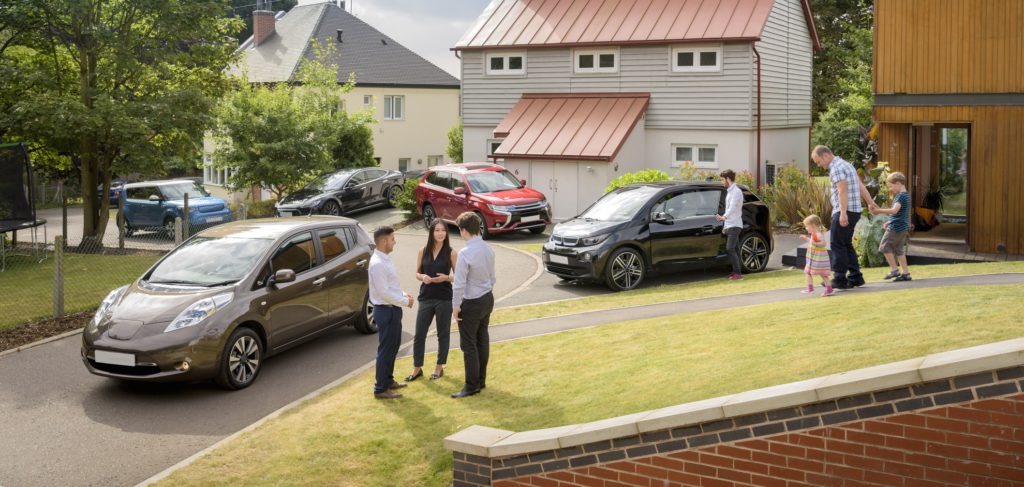Over one million EV sales expected in Europe in 2020
09 September 2019

Over one million EV sales expected in Europe in 2020
9 September 2019
Carmakers are poised to sell up to one million electric vehicles (EVs) in Europe next year as they push forward with strategies aimed at avoiding large CO2 emission fines in 2021.
The analysis conducted by Transport & Environment (T&E) estimates that in 2020, EVs will capture about 5% of the new car market in Europe, with 2021 EV sales around 10%. It highlights the efforts carmakers are going through to bring battery electric (BEV) and plug-in hybrid (PHEV) models to market.
Just 250,000 fully electric or plug-in hybrid cars with a significant electric range were sold in Europe last year, and about 200,000 were sold in the first half of 2019, according to T&E.
Progress made
The group's report also shows that carmakers are only halfway to achieving their 2021 CO2 target (or 25g/km away from 95g). The group suggests that this is explained by ′carmakers' strategy to promote sales of inefficient, higher-emitting SUVs and their decision to delay the investments into clean technologies required to meet the car CO2 law (in force since 2009) until the last moment.'
However, carmakers were also dependent on diesel model sales, which emit far less CO2 than their petrol counterparts. The collapse of this market has been sudden, following the Dieselgate scandal and continued demonisation, catching many manufacturers off guard.
′For years, carmakers did nothing to reduce their emissions. Now, thanks to the EU car CO2 law, they are finally preparing to start selling the more fuel-efficient and electric cars the climate emergency demands,' says Julia Poliscanova, director of clean vehicles at T&E. ′This means we are going to see good quality, affordable EVs in the next year or two, not ten, and that’s excellent news for consumers who’ll be saving lots of money at the pump.'
Reaching targets
According to T&E, Toyota is the best placed to reach its individual CO2 target thanks to its early investment in hybrid technology. The Renault-Nissan Alliance has the next smallest gap to close, thanks to its early adoption of BEV technology in the Leaf and Zoe models.
Volkswagen could comply through a variety of tools such as improvements to combustion engines (new petrol engine and mild hybridisation of the new Golf) and a big ramp-up of EVs through its all-electric ID.3. However, the carmaker is currently facing one of the biggest fines of all carmakers.
Those with the most challenging prospects are Honda, Ford and Hyundai-Kia, although the latter has recently begun a significant ramp-up of its EV and hybrid portfolio and sales. Volvo also has a large gap to close but is expected to comply by shifting a large part of its fleet to plug-in-hybrid technology. Fiat Chrysler Automobiles (FCA) would likely not be able to meet its target alone and so now aims to comply through a pooling arrangement with Tesla.